Daniel ChiuA. Bruce Montgomery Professor of Chemistry, University of Washington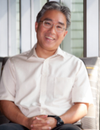 Daniel T. Chiu is currently the A. Bruce Montgomery Professor Chemistry, Endowed Professor of Analytical Chemistry, and Professor of Bioengineering at the University of Washington. He is a member of the University of Washington’s Center for Nanotechnology, Neurobiology and Behavior Program, and the Cancer Consortium of the Fred Hutchinson Cancer Research Center. He has authored more than 180 publications and is the inventor on over 40 issued patents. Dr. Chiu obtained a B.A. in neurobiology and a B.S. in chemistry at the University of California, Berkeley in 1993, and a Ph.D. in chemistry from Stanford University in 1998. |
Randolph CortelingHead of Research, ReNeuron Ltd.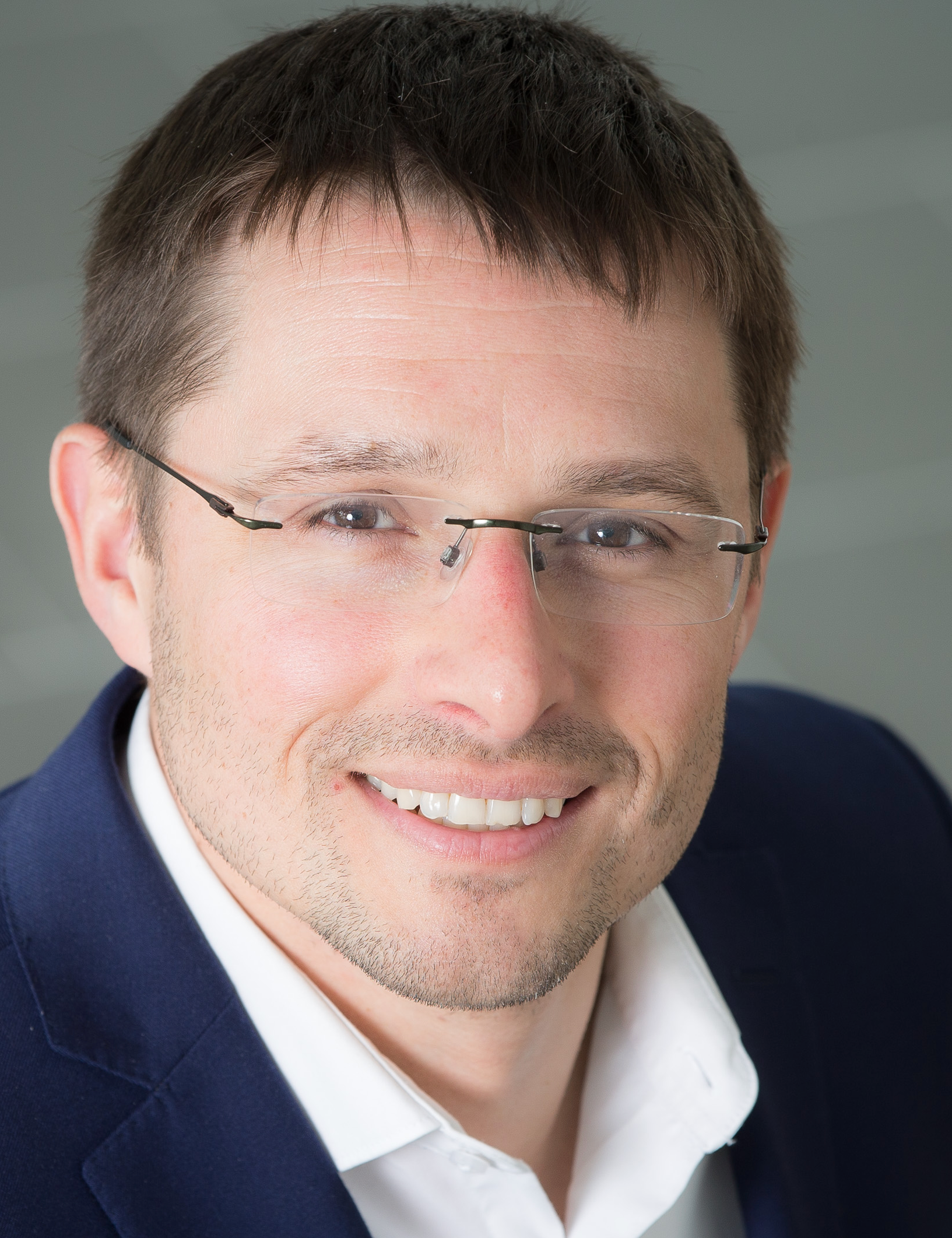 Randolph started his career as a Research associate at Novartis, before undertaking a PhD in Medical and Surgical Sciences at Nottingham University. He then subsequently spent 3 years as a Heart and Stroke Foundation postdoctoral fellow at the University Calgary, Canada before joining ReNeuron as a senior member of the research team in 2007. During his time at ReNeuron, Randolph has developed a number of new discoveries along with a thorough understanding of stem cell biology leading to his appointment as Head of Cell Biology in 2011 before subsequently being made Head of Research in April 2015. |
Susanne GabrielssonProfessor, Division of Immunology and Allergy, Department of Medicine Solna, Karolinska Institutet Professor Gabrielsson is leading a group dedicated to exosome/extracellular vesicle research at the Karolinska Institutet, Sweden. She has been a pioneer in the fields of exosomes in lung diseases and the immune effects of exosomes. Dr. Gabrielsson was the first to describe the presence of exosomes in bronchoalveolar lavage fluid, and in breast milk. Her work has revealed that exosomes are major players in lung diseases such as asthma and sarcoidosis. Her work in animal models is giving new insights into how exosome-based cancer immunotherapeutics should be designed for optimal immune stimulation. |
Michael HellerProfessor, Dept Bioengineering, University of California-San Diego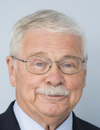 Michael J. Heller received his PhD in Biochemistry from Colorado State University in 1973. He was an NIH Postdoctoral Fellow at Northwestern University from 1973 to 1976. From 1976 to 1984 he was supervisor of the DNA Technology Group at Amoco Corporation (Standard Oil Indiana) During that time he carried out early bioengineering and recombinant DNA work on plants, algae and photosynthetic bacteria for energy and chemical production, and developed some of the first fluorescent resonant energy transfer (FRET) and chemiluminescent oligonucleotide probes for DNA hybridization analysis. He also oversaw Amoco’s sponsored energy and chemical research work at Cetus Corporation, which included the cloning of thermophilic enzymes. Dr. Heller was the Director of Molecular Biology at Molecular Biosystems, Inc., from 1984 to 1987. He was a co-founder of Integrated DNA Technologies, and served as President and Chief Operating Officer from 1987 to 1989. He was a co-found of Nanogen and served as the Chief Technical Officer from 1993 to 2001. Nanogen carried out the successful development and commercialization of electronic DNA microarray technology for clinical diagnostic genotyping applications. Dr. Heller is a Professor (Recall/Emeritus) in the Departments of Nanoengineering and Bioengineering at the University California San Diego. He is also now a Distinguished Scientist at the Oregon Health & Science University (OHSU), Center for Cancer Early Detection and Research (CEDAR), in Portland, Oregon. He has also co-founded a company called Biological Dynamics which is developing new sample to answer cancer diagnostics technology, based on the novel dielectrophoretic (DEP) technology developed at his UCSD lab. Dr. Heller has extensive industrial experience in biotechnology, biomedical and molecular diagnostic devices and nanotechnology, with particular expertise in the areas of DNA probe diagnostics, electrokinetic lab-on-a-chip devices, DNA synthesis, FRET/fluorescent-based detection technologies and electric field assisted self-assembly of DNA nanostructures. Dr. Heller has over 100 publications and 56 issued US patents. |
Jennifer JonesNIH Stadtman Investigator, Head of Transnational Nanobiology, Laboratory of Pathology, Center for Cancer Research, National Cancer Institute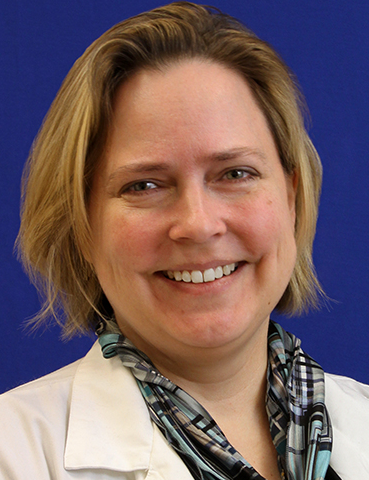 Dr. Jones is NIH Stadtman Investigator, Head of Transnational Nanobiology, Laboratory of Pathology at the Center for Cancer Research, National Cancer Institute, who is developing, refining, and applying advanced high-resolution flow cytometric methods to the characterization of EV subsets. She initiated/cofounded the international ISEV-ISAC-ISTH EV Flow Cytometry Working Group, to support the development of consensus best practices and standardization methods for the field. The ultimate goal of her research is to develop a new class of EV-based biomarkers (and methods for anlyzing those EVs) that will enable adaptve therapeutic strategies, where individual patient treatments are customized based on early responses to treatment. |
John NolanCEO, Cellarcus Biosciences, Inc. Past President of ISAC. ISEV, ISTH Member. Inventor of Cellarcus’ vesicle analysis technologies. Internationally recognized expert in cytometry and vesicle analysis. |
Sehyun ShinProfessor & Director, Nano-Biofluignostic Engineering Research Center, Korea University and Anam/Guro Hospital of Korea University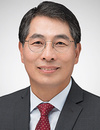 Professor Shin is currently professor of School of Mechanical Engineering and College of Medicine at Korea University and the director of Nano-Biofluignostic Engineering Research Center. He also has served as the Editor of the Journal of Mechanical Science and Technology (JMST). His research interests include the liquid biopsy for cancer and infectious viruses and the development of microfluidic technologies for disease detection, diagnosis and therapy. He has authored more than 150 peer-reviewed papers and delivered more than 130 invited talks and plenary lectures. He is as the president of International Society of Clinical Hemorheology as well as president of Biomedical Engineering Society of Cardiovascular Diseases. Prof. Shin co-founded three startups which are commercializing technologies developed in his lab. He has garnered many research awards and honors including Presidential citation of Science and Technology Merit by the Korean government, award for the Scientist of the month by NRF, the Academic award of KSME, the Nam-Heon Academic Award for Thermal engineering, Fellow of the ISCH, Fellow of KSME and Fellow of KSOR. Finally, Prof. Shin currently heads a group of 15 researchers. |
Min YuAssistant Professor, University of Southern California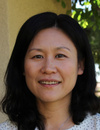 Min Yu, M.D., Ph.D, received her medical degree from China and Ph.D. in genetics from Stony Brook University and Cold Spring Harbor Laboratory (CSHL). She pursued postdoctoral training at Massachusetts General Hospital, Harvard Medical School, where she characterized circulating tumor cells isolated from the peripheral blood of cancer patients. Dr. Yu joined the Department of Stem Cell Biology and Regenerative Medicine and the USC Norris Comprehensive Cancer Center as an assistant professor in 2014, and her lab focuses on the mechanisms of cancer metastasis. In addition to the NIH Director’s New Innovator Award, she received the NCI career transition (K22) award, the STOP CANCER Research Career Development Award, the Pew-Stewart Scholar for Cancer Research award, and the Donald E. & Delia B. Baxter faculty fellowship. |




